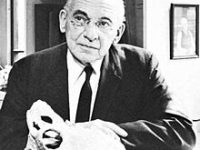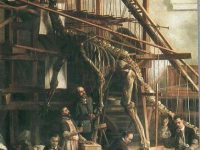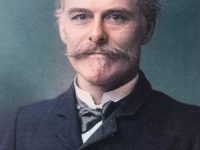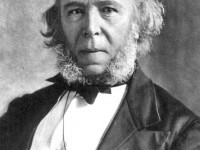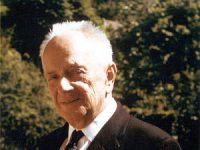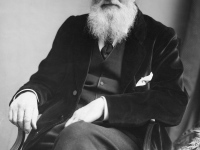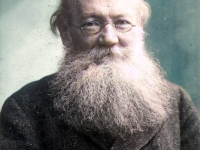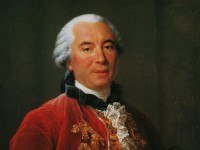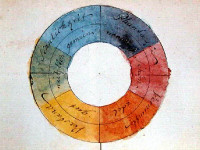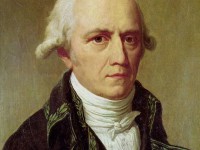Alfred Romer and the Evolution of Vertebrae
On December 28, 1894, American paleontologist and biologist Alfred Sherwood Romer was born. Romer was a a specialist in vertebrate evolution. He studied the evolution of early vertebrates in biological terms of comparative anatomy and embryology. He researched muscle and limb evolution, the development and evolutionary history of cartilage and bone, and the structure and function of the nervous system. Youth and Education Alfred Romer was born in White Plains, New York,…
Read more

